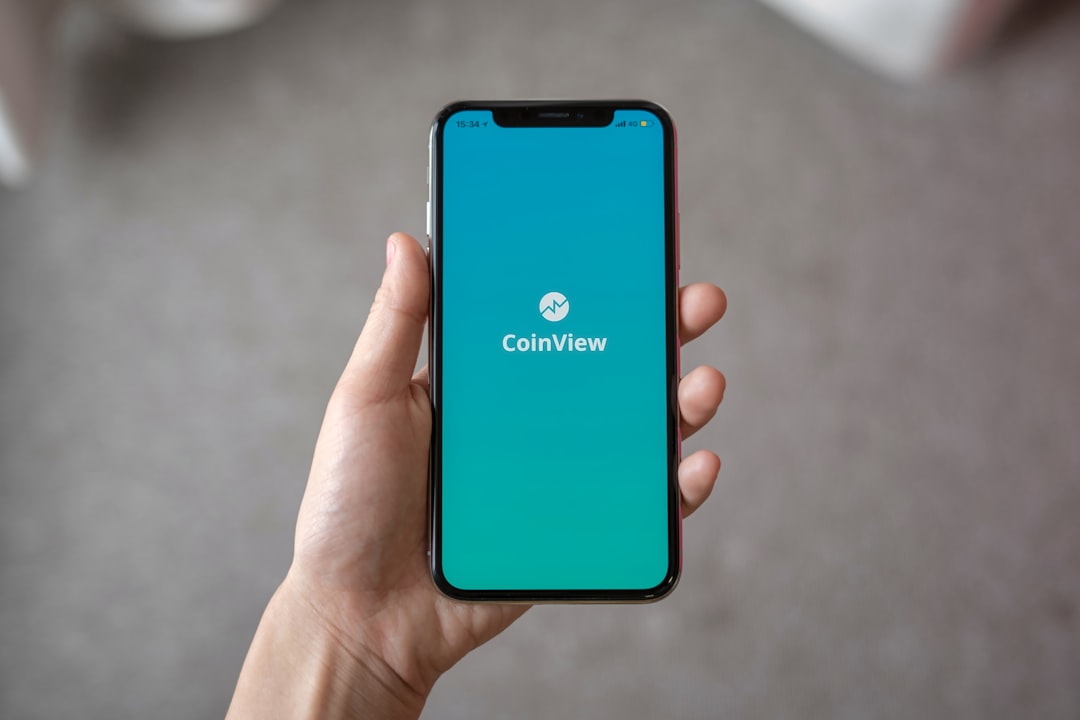Robocalls, or automated mass phone calls, have become a significant issue in America, with many being scams. In response, states like Tennessee have implemented robocall laws that require explicit consent for marketing purposes. To combat unwanted and fraudulent calls, Tennesseans are turning to robocall prevention apps that use advanced technologies like machine learning and noise cancellation to identify and block automated calls before they reach users' phones. These apps adapt to new patterns, enhancing protection under Tennessee's strict robocall laws. Top-rated options include CallGuard, TrueCall, and Hiya, providing users with insights into call behavior to avoid potential scams.
In the age of digital connectivity, Tennessee residents face a growing nuisance: robocalls. With advancements in technology, unsolicited automated calls have become more frequent and intrusive. Understanding Tennessee’s robocall laws is crucial for safeguarding your privacy. This article explores the rise of robocall prevention apps designed to protect Tennesseans from these unwanted intrusions. We’ll delve into the legal framework surrounding robocalls in the state and highlight top-rated blocking apps, empowering residents with tools to reclaim their calling experience.
Understanding Robocalls and Tennessee's Legal Framework

Robocalls, automated phone calls or texts sent en masse, have become a ubiquitous yet unwanted nuisance for many Americans. These calls often advertise products, services, or promotions and can be difficult to stop due to their automated nature. While some robocalls are legitimate, others are scams designed to trick recipients into providing personal information or making purchases. In response to this growing issue, states across the country, including Tennessee, have implemented robocall laws to protect residents from unwanted and fraudulent calls.
Tennessee’s robocall laws aim to balance consumer protection with business flexibility. The state has established guidelines for when robocalls are permitted, requiring explicit consent from recipients for marketing or promotional purposes. These laws empower Tennessee residents to control their phone lines and safeguard against intrusive and deceptive calling practices. By understanding these legal frameworks, users can better navigate the landscape of communication regulations and make informed decisions regarding their privacy and safety.
The Rise of Robocall Prevention Apps

In recent years, the surge in robocalls has led to a corresponding growth in demand for effective robocall prevention apps. With the implementation of the Telephone Consumer Protection Act (TCPA) in Tennessee and across the US, consumers are increasingly looking for tools that safeguard their personal time and privacy from unwanted automated calls. Robocall laws aim to curb the nuisance and fraud associated with these calls, and app developers have stepped up to meet this need by creating innovative solutions.
These apps leverage advanced technologies such as machine learning algorithms and noise cancellation to identify and block robocalls before they reach a user’s phone. By analyzing call patterns and data, they can distinguish between legitimate calls and automated spam, ensuring that only necessary communications disrupt a user’s day. With Tennessee’s strict enforcement of TCPA regulations, the adoption of these apps has gained significant traction among residents looking to reclaim control over their calling experiences.
How These Apps Protect Tennesseans

Robocall prevention apps play a pivotal role in safeguarding Tennesseans from unwanted and fraudulent calls, which have become a significant concern under the state’s robocall laws. These apps utilize advanced technology to filter out automated phone calls, ensuring that users receive only legitimate communications. By blocking or flagging robocalls, these applications provide a layer of protection against potential scams, telemarketing intrusions, and privacy violations.
When a Tennessee resident downloads one of these apps, they gain access to real-time call data and community-sourced intelligence. This collective knowledge allows the apps to learn and adapt to new and evolving robocall patterns, making it increasingly difficult for scammers to bypass their defenses. As a result, Tennesseans can make safer calls, knowing that their personal information is better protected against malicious attempts to gain access or exploit their data under the state’s stringent robocall laws.
Top Robocall Blocking Apps for Tennessee Residents

Tennessee residents now have a powerful tool in their hands to combat the growing problem of robocalls—robocall blocking apps. With strict robocall laws in place, these applications offer an additional layer of protection for Tennessee phone users. Many top-rated options are available that utilize advanced technology to identify and block unwanted calls, ensuring a safer calling experience.
Some of the most popular choices include CallGuard, TrueCall, and Hiya. These apps not only filter out spam calls but also provide insights into call patterns, allowing users to stay informed about potential scams. By downloading one of these user-friendly applications, Tennessee citizens can take control of their phone lines and enjoy a more peaceful, less intrusive communication environment.






